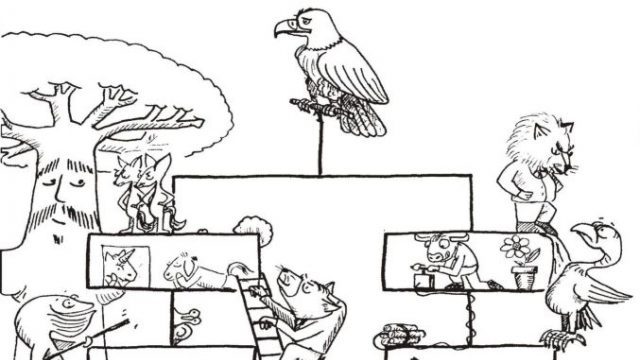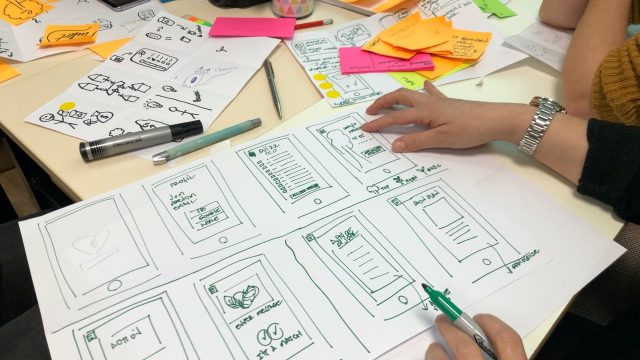
Is there a role for spirituality (as distinct from religion) in knowledge management?
The effective creation, storage, sharing, and application of knowledge is greatly assisted by favourable organisational environments. In a paper1 presented at the European Conference on Knowledge Management, researchers from the University of Beira Interior in Portugal contend that spirituality influences the creation of such environments because it fosters:
- the moral and emotional evolution of organisational members as well as their sense of integrity, truth and understanding
- the generation of mutual trust
- feelings of belonging to a greater whole.
Because of this, the researchers suggest that we can consider spirituality to have a positive influence on knowledge management (KM). The findings of other research align with this. One example is a paper2 proposing a “Light Triad” of positive personality traits, as a counter to the well-known “Dark Triad” traits of narcissism, Machiavellianism, and psychopathy. Another example3 reveals the great harm caused by “dark side” KM tactics.
Defining spirituality
The researchers define spirituality as being distinct from religion, stating that while there may be spirituality in religions, there is no religion in spirituality because there are no dogmas or rites in spirituality.
They advise that:
Applied to the organisational scenario, spirituality in organisations spans the nurturing and fostering of experiences of mutuality, trust, the feeling of belonging, interconnections, meaning, purpose, the improvement and transcendence of members leading to a rise in satisfaction with the working environment as well as its prevailing levels of creativity, motivation, commitment and competence.
Spirituality as a factor influencing KM
To better understand how spirituality amounts to a factor influencing KM, the researchers opted to undertake a systematic review of the literature. A keyword search of academic databases was carried out, followed by the application of exclusion / inclusion criteria, and a quality assessment. This resulted in the identification of 21 articles for analysis.
The results of the analysis suggest that spirituality positively influences organizational learning, organizational wisdom, knowledge creation, and knowledge sharing. The findings include:
- there is a strong relationship between spirituality in the workplace and knowledge sharing, with motivation, self-efficiency, and mutual trust playing significant roles in the tacit behaviours surrounding knowledge sharing
- spiritual intelligence is one the intelligences necessary to the process of learning among individuals
- spirituality is a foundation of the learning process towards organisational wisdom, although there is a lack of a universal construct for wisdom, including how wisdom relates to its opposite, foolishness
- spirituality has a role in Three Dimensional Management Theory, which proposes that there are three basic factors operating in harmony – science, the arts, and ethics
- boosting innovation performance levels requires organisational members to improve their emotional and spiritual quotients.
However, the researchers emphasise that there are almost no articles directly linking spirituality and KM, so further research is needed.
Header image source: Zac Durant on Unsplash.
References:
- Rocha, R., & Pinheiro, P. (2019, September). Spirituality in Knowledge Management: Systematic Literature Review and Future Studies Suggestions. In European Conference on Knowledge Management (Vol. 1, No. 1). Academic Conferences and Publishing International. ↩
- Kaufman, S. B., Yaden, D. B., Hyde, E., & Tsukayama, E. (2019). The Light vs. Dark Triad of Personality: Contrasting Two Very Different Profiles of Human Nature. Frontiers in psychology, 10, 467. ↩
- Alter, S. (2006, January). Goals and tactics on the dark side of knowledge management. In Proceedings of the 39th Annual Hawaii International Conference on System Sciences (HICSS’06) (Vol. 7, pp. 144a-144a). IEEE. ↩
Also published on Medium.





